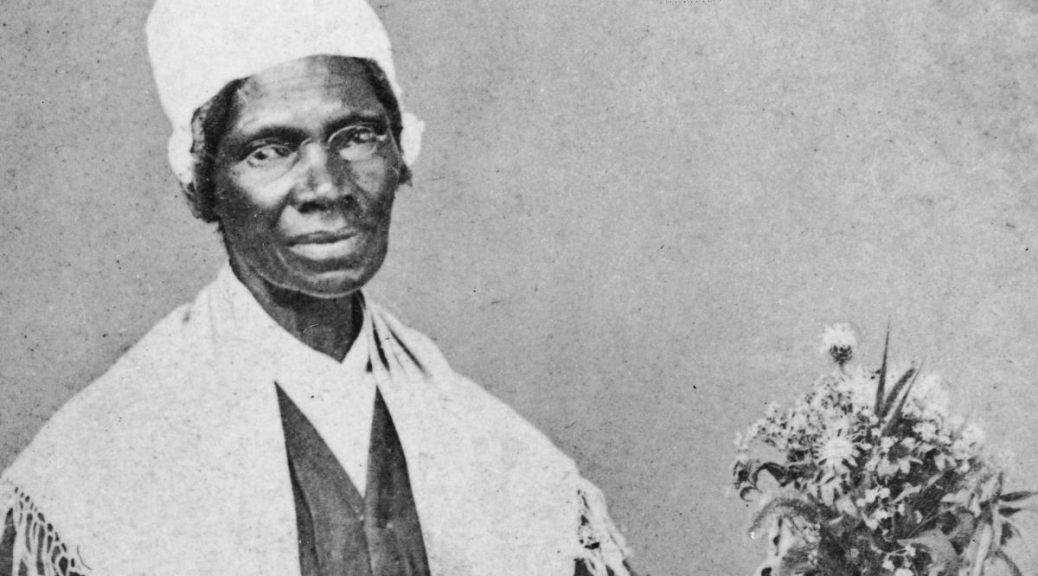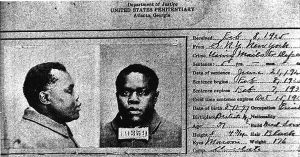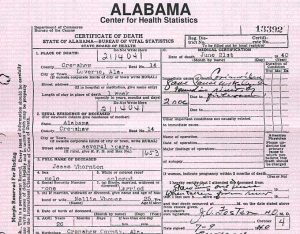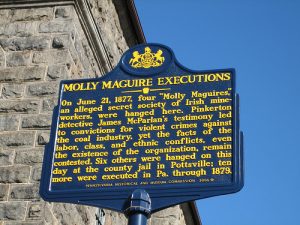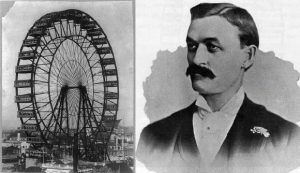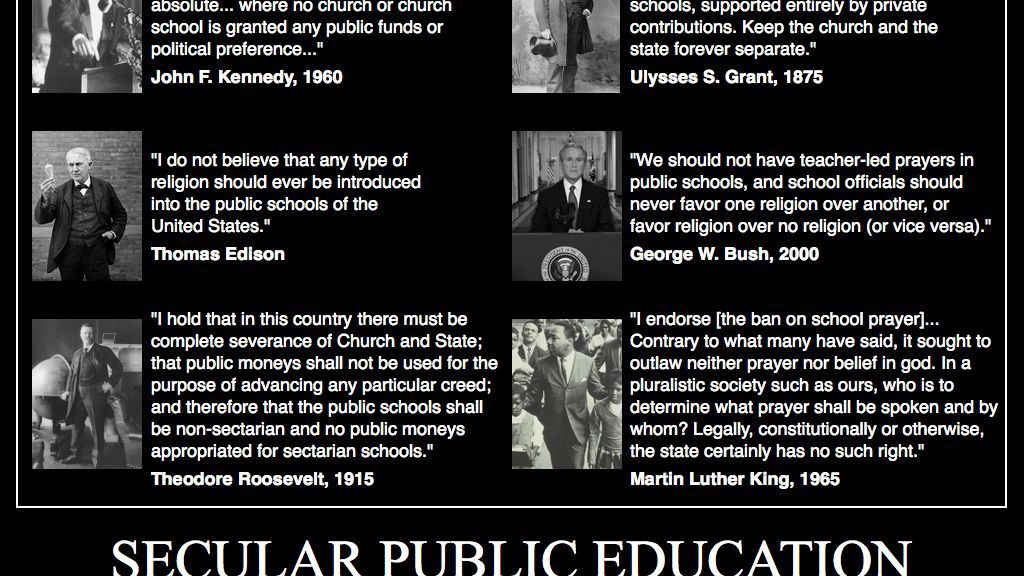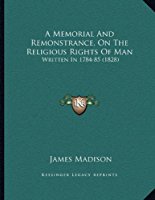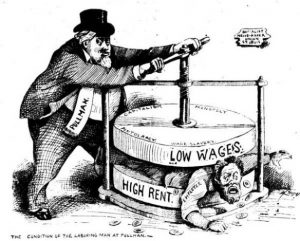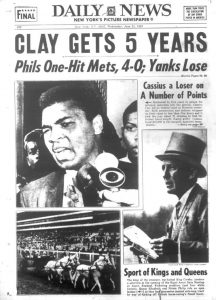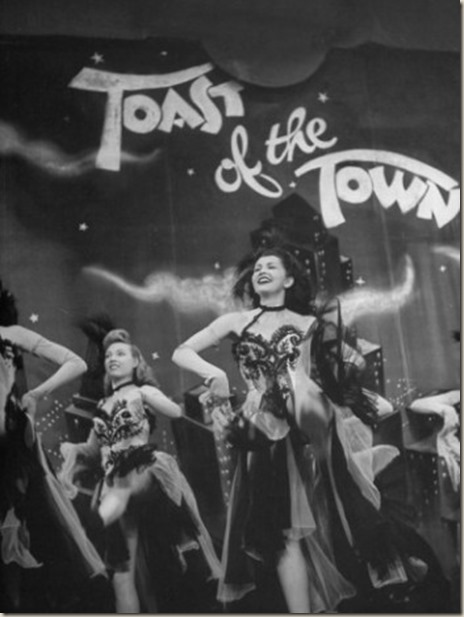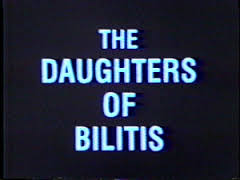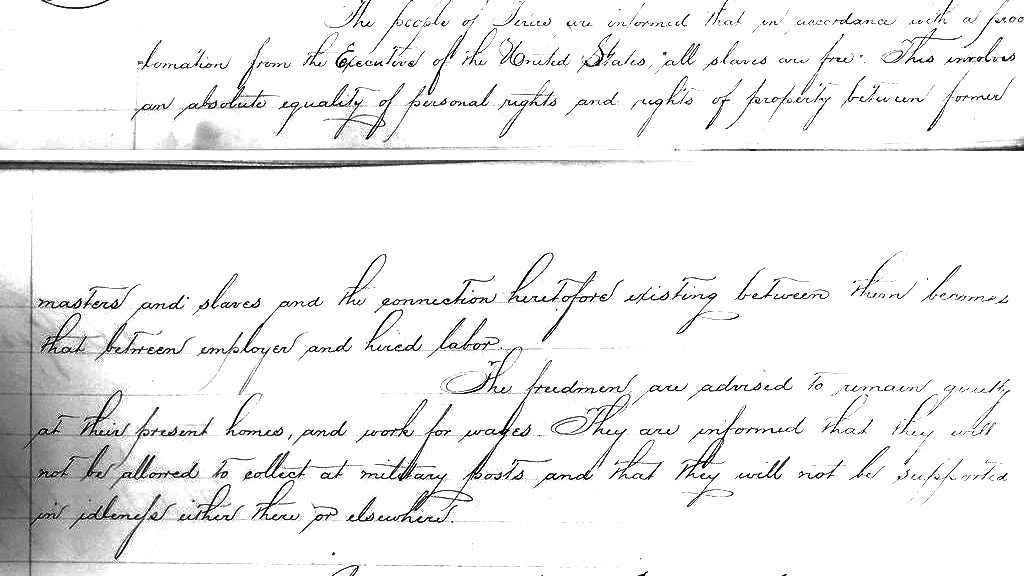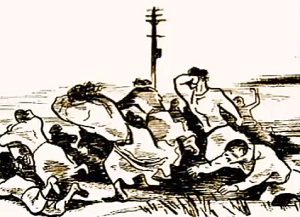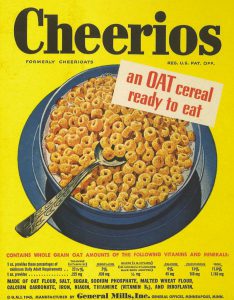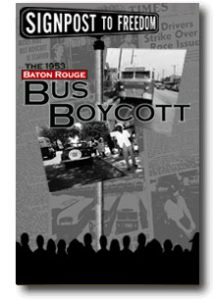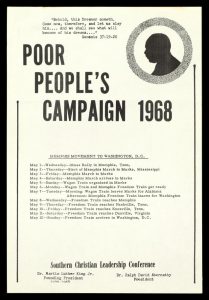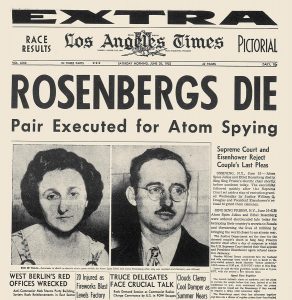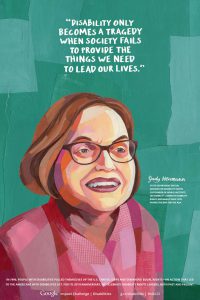June 21 Peace Love Art Activism
BLACK HISTORY
Sojourner Truth
June 21, 1851: Marius Robinson, published the first recorded version of Sojourner Truth’s “Ain’t I a Woman?” speech in the Anti-Slavery Bugle. He wrote: One of the most unique and interesting speeches of the convention was made by Sojourner Truth, an emancipated slave. It is impossible to transfer it to paper, or convey any adequate idea of the effect it produced upon the audience. Those only can appreciate it who saw her powerful form, her whole-souled, earnest gesture, and listened to her strong and truthful tones. She came forward to the platform and addressing the President said with great simplicity: “May I say a few words?” Receiving an affirmative answer, she proceeded:
I want to say a few words about this matter. I am a woman’s rights. I have as much muscle as any man, and can do as much work as any man. I have plowed and reaped and husked and chopped and mowed, and can any man do more than that? I have heard much about the sexes being equal. I can carry as much as any man, and can eat as much too, if I can get it. I am as strong as any man that is now. As for intellect, all I can say is, if a woman have a pint, and a man a quart – why can’t she have her little pint full? You need not be afraid to give us our rights for fear we will take too much, – for we can’t take more than our pint’ll hold. The poor men seems to be all in confusion, and don’t know what to do. Why children, if you have woman’s rights, give it to her and you will feel better. You will have your own rights, and they won’t be so much trouble. I can’t read, but I can hear. I have heard the bible and have learned that Eve caused man to sin. Well, if woman upset the world, do give her a chance to set it right side up again. The Lady has spoken about Jesus, how he never spurned woman from him, and she was right. When Lazarus died, Mary and Martha came to him with faith and love and besought him to raise their brother. And Jesus wept and Lazarus came forth. And how came Jesus into the world? Through God who created him and the woman who bore him. Man, where was your part? But the women are coming up blessed be God and a few of the men are coming up with them. But man is in a tight place, the poor slave is on him, woman is coming on him, he is surely between a hawk and a buzzard. [PBS article] (F, see Sept 11; BH, see October 1, 1851)
Guinn v. United States
June 21, 1915: the US Supreme Court held that “grandfather” clauses were unconstitutional. Grandfather clauses were 19th century laws that exempted people from voter literacy tests if a grandfather had been a registered voter, had voted in some other country, or had served in the armed forces before 1866. The clauses were designed to permit illiterate white voters, but not African-Americans, to vote. The decision invalidated clauses in Oklahoma, Alabama, Georgia, Louisiana, Virginia and North Carolina laws. [Black Past article] (see Sept 29)
Marcus Garvey
June 21, 1923: Garvey sentenced to 5 years in prison for mail fraud. His appeal is soon denied, and he is taken to Tombs Prison in New York. He was freed on bail on September 10. (see Garvey for expanded story)
Jesse Thornton lynched
June 21, 1940: twenty-six-year-old black man Jesse Thornton addressed a passing police officer by his name, Doris Rhodes. When the officer, a white man, overheard Mr. Thornton and ordered him to clarify his statement, Thorton attempted to correct himself by referring to the officer as “Mr. Doris Rhodes.” The officer hurled a racial slur at Mr. Thornton while knocking him to the ground and arresting him. Rhodes then walked Thornton into the city jail as a mob of white men formed just outside.
Thornton tried to escape and managed to flee a short distance while the mob quickly pursued, firing gunshots and throwing bricks, bats, and stones at him. Thornton was injured by gunfire and eventually collapsed. The mob dumped him into a truck and drove to an isolated street where he was dragged into a nearby swamp and shot again. Thornton’s decomposing, vulture-ravaged body was found a week later by a local fisherman in the Patsaliga River, near Tuskegee Institute.
Dr. Charles A.J. McPherson, a local leader in the Birmingham branch of the National Association for the Advancement of Colored People, wrote a detailed report on Thornton’s lynching. Thurgood Marshall, then an attorney with the NAACP, provided the Department of Justice with the report and requested a federal investigation. The Justice Department instructed the Federal Bureau of Investigation to determine whether law enforcement or other officials were complicit in the lynching but there is no record that anyone was ever prosecuted for Mr. Thornton’s murder. (next BH, see Sept 27); next Lynching, see January 2, 1944; for expanded chronology of lynching, see also AL4)
Albany Movement
June 21, 1963: Albany, Georgia police temporarily closed all Black businesses and banned Blacks from sidewalks after an attempted walk by Blacks toward the White shopping district for a sit-in at a lunch counter. (next BH, see June 22; see Albany for expanded story)
KKK Murders
June 21, 1964: James E. Chaney, 21; Andrew Goodman, 21; and Michael Schwerner, 24, “Freedom Summer’ volunteers had gone to investigate the burning of a black church (see June 16). Police arrested them on speeding charges, incarcerated them for several hours, and then released them after dark into the hands of the Ku Klux Klan, who murdered them near Philadelphia, Mississippi.
Edgar Ray Killen guilty
June 21, 2005: exactly 41 years later, a jury found Edgar Ray Killen, an 80-year-old former Ku Klux Klansman, guilty of manslaughter in the deaths of three civil rights workers.
End of investigation
June 21, 2016: exactly 11 years after Killen’s conviction, Mississippi Attorney General Jim Hood announced an end to the active federal and state investigation into the 1964 killings of three civil rights workers in Mississippi.
“There’s nothing else that can be done,” he said in a news conference Monday.
“The FBI, my office and other law enforcement agencies have spent decades chasing leads, searching for evidence and fighting for justice for the three young men who were senselessly murdered on June 21, 1964,” he said. “It has been a thorough and complete investigation. I am convinced that during the last 52 years, investigators have done everything possible under the law to find those responsible and hold them accountable; however, We have determined that there is no likelihood of any additional convictions. Absent any new information presented to the FBI or my office, this case will be closed.” (see Murders for expanded story) (next BH, see June 23)
Keyes v. Denver School District No. 1
June 21, 1973: in Keyes v. Denver School District No. 1 the US Supreme Court found that the Denver school board intentionally segregated Mexican American and black students from white students. The Court distinguished between state-mandated segregation (de jure) and segregation that is the result of private choices (de facto). The latter form of segregation, the Court rules, was not unconstitutional. [Justia article] (see June 25)
Morgan v. Hennigan
June 21, 1974: Morgan v. Hennigan decided by Judge Wendell Aurthur Garity. It was the case that defined the school busing controversy in Boston, Massachusetts during the 1970s. Garotu ruled that the city defendants had contributed to the “establishment of a dual school system,” one for each race. [Black Past article] (BH & SD, see July 25)
Church burnings
June 21, 1995: in Manning, SC, four former members of the Ku Klux Klan set fire to the Macedonia Baptist Church, one of several burned by arsonists in the mid-1990s. A fire was set the day before at the Mount Zion A.M.E. Church in Greeleyville, S.C. Macedonia Baptist was awarded $37.8 million in a decision against the Klan. A jury believed the Klan’s rhetoric motivated the men to set the fire. (BH, see June 30: CB, see January 8, 1996)
Emmett Till
June 21, 2018: in 2007, eight Emmett Till historic signs were erected in northwest Mississippi, including at the spot on the river where fishermen in 1955 discovered Emmett’s mutilated corpse tethered to a cotton-gin fan.
A year later, vandals tore down the sign on the riverbed. It was replaced. But then bullets were fired into that marker — more than 100 rounds over several years.
On this date, a new sign was erected, but… (next BH, see June 27)
Emmett Till signage
June 21, 2018: in 2007, eight Emmett Till historic signs were erected in northwest Mississippi, including at the spot on the river where fishermen in 1955 discovered Emmett’s mutilated corpse tethered to a cotton-gin fan.
A year later, vandals tore down the sign on the riverbed. It was replaced. But then bullets were fired into that marker — more than 100 rounds over several years.
On this date, a new sign was erected. (BH, see June 27; see ET for expanded chronology)
June 21 Peace Love Art Activism
US Labor History
“Molly Maguires” hung
June 21, 1877: the Molly Maguires was an Irish 19th-century secret society active in Ireland, Liverpool and parts of the eastern United States. It was best known for their activism among Irish-American and Irish immigrant coal miners in Pennsylvania.
A private corporation initiated an investigation the group through a private detective agency. A private police force arrested them, and private attorneys for the coal companies prosecuted them. Twenty were sentenced to death and on June 21, 1877, also known as Black Thursday, six men were hanged in the prison at Pottsville, PA and four at Mauch Chunk, Carbon County, PA.
From History.com: Although the existence of the Molly Maguires as an organized band of outlaws in America is still debated, most historians now agree that the trials and executions were an outrageous perversion of the criminal justice system. In 1979, more than 100 years following his hanging, John Kehoe—the supposed “king” of the Molly Maguires—was granted a full pardon by the state of Pennsylvania. [PA History article] (see July 14)
United States v. Congress of Industrial Organizations
June 21, 1948: the US Supreme Court held that a labor union’s publication of a statement advocating that its members vote for a certain candidate for Congress did not violate the Federal Corrupt Practices Act as amended by the Labor Management Relations Act of 1947. [Justia article] (see January 2, 1949)
June 21 Peace Love Art Activism
Technological Milestones
George Washington Ferris
June 21, 1893: the first Ferris wheel premiered at Chicago’s Columbian Exposition, America’s third world’s fair. It was invented by George Washington Ferris, a Pittsburgh bridge builder, for the purpose of creating an attraction like the Eiffel Tower in Paris. Each of the 36 cars carried 60 passengers, making a full passenger load of 150 tons. Ferris didn’t use rigid spokes: instead, he used a web of taut cables, like a bicycle wheel. Supported by two 140 foot steel towers, its 45 foot axle was the largest single piece of forged steel at the time in the world. The highest point of the wheel was 264 feet. The wheel and cars weighed 2100 tons, with another 2200 tons of associated levers and machinery. Ferris died just four years later, at the age of only 38. [Smithsonian article] (see November 8, 1895)
Microgroove phonograph records
June 21, 1948: Columbia Records introduced the first successful long-playing microgroove phonograph records at the Waldorf-Astoria Hotel in New York City.
Made of unbreakable Vinilyte plastic, and designed for the new speed of 33-1/3 r.p.m., the records were developed by Dr. Peter Goldmark. The 12 inch record could play 23 minutes per side, as compared to only 4 minutes per side on the earlier 78 rpm record. The LP was also an improvement by the quietness of its surfaces and its greatly increased fidelity. The first LP featured violinist Yehudi Menuhin. Columbia originated the term “LP” itself, which was copyrighted. Thus, although many other firms could make long-playing records, only Columbia could make an LP. (see June 30)
June 21 Peace Love Art Activism
Japanese Internment Camps
June 21, 1943: Gordon Hirabayashi was convicted of violating the curfew affecting Japanese-Americans in Seattle in 1942. In Hirabayashi v. United States — the first Japanese-American case to reach the Supreme Court — the Court upheld the curfew. (see Internment for expanded story)
June 21 Peace Love Art Activism
Cold War
Arthur Miller
June 21, 1956: playwright Arthur Miller defied the House Committee on Un-American Activities and refused to name suspected communists. Miller’s defiance of McCarthyism won him a conviction for contempt of court, which was later reversed by the Supreme Court. His passport had already been denied when he tried to go to Brussels to attend the premiere of his play The Crucible, about the Salem witch trials. [Politico article] (see June 26)
June 21 Peace Love Art Activism
see June 21 Music et al for more
Beatles and Bruce Channel
June 21, 1962: as part of manager Brian Epstein’s plan to get The Beatles wider exposure by having them open for established acts, they opened for Bruce Channel of “Hey! Baby!” fame at the Tower Ballroom, in New Brighton, England, Backstage, Delbert McClinton, Channel’s harmonica player, offered John Lennon some tips on playing harmonica, which Lennon later put to use on the band’s first single, “Love Me Do.” (see Aug 14)
The First Big Sur Folk Festival
June 21, 1964: The First Big Sur Folk Festival (held on the grounds of the Esalen Institute. From the Richard and Mimi Farina site: The festivals were founded by Nancy Carlen, a friend of Richard, Mimi and Joan [Baez], …. The annual event started as folk music seminars, and as they evolved into concerts, they became known as well-managed, small affairs that emphasized quality and atmosphere over publicity and commercial success. Even when big names like CSN&Y or the Beach Boys appeared, the audiences were limited to a few thousand to preserve an intimate atmosphere and human scale. Although Big Sur is now sometimes remembered as the anti-Woodstock, it was originally the anti-Newport.
Featuring:
- Joan Baez
- Roger Abraham
- Nancy Carlen
- Malvina Reynolds
- Mark Spoelstra
- Janet Smith
- Mimi & Richard Fariña (see September 13 – 14, 1965)
Byrds Mr Tambourine Man album
June 21, 1965: the Byrds’ debut album, Mr. Tambourine Man, marked the beginning of the folk-rock revolution. In just a few months, the Byrds had become a household name, with a #1 single and a smash-hit album that married the ringing guitars and backbeat of the British Invasion with the harmonies and lyrical depth of folk to create an entirely new sound. (see June 26 – July 2)
Summer of Love
June 21, 1967, to kick off the “Summer of Love” in San Francisco this poster for the Summer Solstice Celebration was circulated calling for a “Love In” in Golden Gate Park. There were several concerts in Golden Gate Park during that summer that are documented as who played, but that was later on during the Summer of that same year.
The [bumpy] Road to Bethel
June 21, 1969: Stanley Goldstein met with Hugh Romney and the Hog Farm in New Mexico to discuss the Hog Farm’s role in the festival. Jim Grant, a friend and fellow law enforcement official of Wes Pomeroy, accompanied Goldstein. (see Road for expanded story)
Toronto Pop
June 21 – 22, 1969 – see Toronto Pop Festival (Varsity Stadium).
June 21 Peace Love Art Activism
FREE SPEECH
Miller v. California
June 21, 1973: the US Supreme Court developed a three-pronged test for whether a work was obscene and therefore not protected by the First Amendment. The three-prong test became known as the “Miller Test.” The Miller test, however, contains a number of unresolved issues: how are “contemporary community standards” defined? How are the terms “patently offensive” and “prurient interest” defined? What constitutes “serious literary, artistic, political, or scientific value”?
The Miller Test: “(a) whether ‘the average person, applying contemporary community standards’ would find that the work, taken as a whole, appeals to the prurient interest . . . (b) whether the work depicts or describes, in a patently offensive way, sexual conduct specifically defined by the applicable state law, and (c) whether the work, taken as a whole, lacks serious literary, artistic, political, or scientific value.” [Oyez article] (next FS, see April 5, 1976)
Hustler Magazine v. Falwell
February 24, 1988: in Hustler Magazine v. Falwell, the U.S. Supreme Court voted 8-0 to overturn the $200,000 settlement awarded to the Reverend Jerry Falwell for his emotional distress at being parodied in Larry Flynt’s Hustler, a pornographic magazine.
In November 1983, Hustler had run a piece parodying Falwell’s first sexual experience as a drunken, incestuous, childhood encounter with his mother in an outhouse. Falwell, an important religious conservative and founder of the Moral Majority political advocacy group, sued Hustler and its publisher, Larry Flynt, for libel. Falwell won the case, but Flynt appealed, leading to the Supreme Court’s hearing the case because of its constitutional implications.The Supreme Court unanimously overturned the lower court’s decision, ruling that, although in poor taste, Hustler’s parody fell within the First Amendment’s protection of freedom of speech and the press.
The Court: “We conclude that public figures and public officials may not recover for the tort of intentional infliction of emotional distress by reason of publications such as the one here at issue without showing, in addition, that the publication contains a false statement of fact which was made with ‘actual malice,’ i.e., with knowledge that the statement was false or with reckless disregard as to whether or not it was true.” (next FS, see Dec 23; Larry Flynt, see February 10, 2021)
Burning the American flag
June 21, 1989: the Supreme Court ruled that burning the American flag as a form of political protest was protected by the First Amendment. In Texas v. Johnson, the Supreme Court invalidated prohibitions on desecrating the American flag enforced in 48 of the 50 states. Justice William Brennan wrote for a five-justice majority in holding that the defendant Gregory Lee Johnson’s act of flag burning was protected speech under the First Amendment to the United States Constitution. [Oyez article] (FS, see Oct 28)
Burning crosses
June 21, 1990: several teenagers had assembled a crudely made cross by taping together broken chair legs. They erected the cross and burned it in the front yard of an African American family that lived across the street from the house where one of the teenagers was staying. That teenager, who was a juvenile, was charged with two counts, one of which a violation of the St. Paul Bias-Motivated Crime Ordinance. The Ordinance provided: “Whoever places on public or private property, a symbol, object, appellation, characterization or graffiti, including, but not limited to, a burning cross or Nazi swastika, which one knows or has reasonable grounds to know arouses anger, alarm or resentment in others on the basis of race, color, creed, religion or gender commits disorderly conduct and shall be guilty of a misdemeanor.”(next FS. see Oct 5; cross-burning, see June 22, 1992)
June 21 Peace Love Art Activism
Feminism
Pittsburgh Press Co. v. Pittsburgh Commission on Human Relations
June 21, 1973: the Supreme Court ruled that ordinances prohibiting sex-segregated employment advertisements do not violate the First Amendment. The ruling successfully concluded a five-year campaign by the National Organization for Women against sex-segregated job ads.
The case involved an ordinance passed after Wilma Scott Heide of the Pittsburgh chapter of the National Organization of Women filed a complaint with the Pittsburgh Commission on Human Relations, in which it argued that the practice of the Pittsburgh Press of advertising help wanted classified advertising under headings of “help wanted-male” and “help wanted-female” was discriminatory. Evidence from Gerald Gardner quantified the discriminatory nature of the advertising, showing that fewer jobs and ones with lower pay were being offered for women. [Justia article] (next Feminism , see August 22, 1973)
Women’s National Basketball Association
June 21, 1997: the first season of the Women’s National Basketball Association (WNBA) began. (see December 10, 1997)
June 21 Peace Love Art Activism
LGBTQ
Gays Attacked, One Killed
June 21, 1977: in San Francisco, 19 year-old John Cordova attacked Robert Hillsborough and Jerry Taylor. Taylor managed to escape but Cordova, yelling “Faggot! Faggot” stabbed Hillsborough 15 times. Cordova was later convicted of second-degree murder and sentenced to ten years in prison. [back2stonewall dot com article] (see June 26)
Carl Nassib Comes Out
June 21, 2021: Las Vegas Raiders defensive end Carl Nassib became the first active NFL player to come out as gay.
Nassib, who was entering his sixth NFL season and second with the Raiders, announced the news on Instagram, saying he wasn’t doing it for the attention but because he felt representation and visibility were important.
“I just wanted to take a quick moment to say that I’m gay,” Nassib said in his video message from his home in West Chester, Pennsylvania. “I’ve been meaning to do this for a while now, but I finally feel comfortable enough to get it off my chest.” [AP article] (next LGBTQ, see June 28)
June 21 Peace Love Art Activism
Watergate Scandal
June 21, 1977: HR Haldeman, former White House chief of staff, entered prison. (see Watergate for expanded story)
June 21 Peace Love Art Activism
Vietnam
June 21, 1992: the Sons and Daughters in Touch , the Vietnam gold star organization of children of Vietnam soldiers who died in Vietnam, held its first Fathers Day commemoration at the “Wall” – the Vietnam War Memorial in Washington, DC. The commemoration would became an annual event that included SDIT members and family scrubbing and cleaning the memorial. [SDIT site] (see February 3, 1994)
June 21 Peace Love Art Activism
see Calvin Graham for full story
June 21, 1994: at a ceremony in Arlington, Texas Secretary of the Navy, John Dalton presented Graham’s Purple Heart to his widow.
June 21 Peace Love Art Activism
Cannabis & AIDS
June 21, 2006: the General Assembly of the Presbyterian Church (USA) voted to support access to medical marijuana for people who have a doctor’s recommendation. “This resolution declares support for the medicinal use of cannabis sativa (also known as marijuana), and directs the Presbyterian Church (U.S.A.) to actively urge the Federal government to amend and adopt such laws as will allow the benefits of marijuana treatment for such diseases as cancer, AIDS, and muscular dystrophy.” [ProCon article] (Marijuana, see Cannabis for expanded chronology; AIDS, see “in December 2007”)
June 21 Peace Love Art Activism
Occupy Wall Street
June 21, 2011: residents of “Bloombergville,” an encampment outside New York City Hall to protest deep budget cuts to education and other public services, issues a declaration which states:
We stand with all those struggling against austerity around the world.
We are in active solidarity with those refusing any and all cuts when solutions to deficits are clearly available. The solution demands a reorientation of the fundamental priorities of our countries. We reject our money going to war, tax breaks for the rich, and subsides to banks.
No library should close. No teacher or worker laid off. No tuition raised. No fire station closed. No unaffordable housing. And no social services ended.
By increasing taxes on the wealthy and ending the wars and occupations the US engages in, we could help those most affected by the budget cuts: working people, people of color, women, students, the homeless, among others. The solution is clear, and will only come from collective struggle.
Bloombergville is an encampment to intensify and strengthen the struggle against austerity in New York City. It is a site of struggle and a community of resistance. We have drawn our inspiration from similar actions around the world, and we hope to inspire others.
We are the supporters and participants of Bloombergville. (see July 13)
June 21 Peace Love Art Activism
Immigration History
June 21, 2017: “We’re thinking about building the wall as a solar wall so it creates energy and pays for itself and this way Mexico will have to pay much less money, and that’s good, right? Is that good?” Trump told a crowd in Cedar Rapids, Iowa.
The solar wall idea was later abandoned. (IH see June 26; see TW for expanded post)
June 21 Peace Love Art Activism
Crime and Punishment/Death Penalty
June 21, 2019: in Flowers v Mississippi, the Supreme Court ruled that Curtis Flowers, tried six times for murder, deserved a seventh chance because of a prosecutor’s discrimination.
The decision in favor of the death-row inmate reflected a consensus among both liberal and conservative justices that potential jurors cannot be struck based on their race.
Flowers’s lawyers argued that that was what district attorney Doug Evans allegedly had done in each of Flowers’ six trials dating back two decades. Evans eliminated 41 of 43 potential black jurors for whom he was allowed to issue peremptory strikes.
Associate Justice Brett Kavanaugh wrote the 7-2 opinion and was joined by the court’s four liberals as well as Chief Justice John Roberts and Associate Justice Samuel Alito. Associate Justices Clarence Thomas and Neil Gorsuch dissented. (C & P, see July 2; DP, see July 25)
June 21 Peace Love Art Activism
Student Rights
June 22, 2021: the Supreme Court unanimously ruled that the N.C.A.A. could not bar relatively modest payments to student-athletes, a decision that underscored the growing challenges to a college sports system that generated huge sums for schools but provided little or no compensation to the players.
The decision concerned only payments and other benefits related to education. But its logic suggested that the court might be open to a head-on challenge to the ban by the National Collegiate Athletic Association on paying athletes for their participation in sports that bring billions of dollars in revenue to American colleges and universities.
In a concurring opinion, Justice Brett M. Kavanaugh seemed to invite such a challenge. “Nowhere else in America can businesses get away with agreeing not to pay their workers a fair market rate on the theory that their product is defined by not paying their workers a fair market rate,” Justice Kavanaugh wrote. “And under ordinary principles of antitrust law, it is not evident why college sports should be any different. The N.C.A.A. is not above the law.” [NYT article] (next SR, see)
Fair Housing
June 21, 2022: the Department of Justice announced that it had obtained a settlement agreement resolving allegations that Meta Platforms Inc., formerly known as Facebook Inc., had engaged in discriminatory advertising in violation of the Fair Housing Act (FHA). The proposed agreement resolved a lawsuit filed in the U.S. District Court for the Southern District of New York alleging that Meta’s housing advertising system discriminated against Facebook users based on their race, color, religion, sex, disability, familial status and national origin. The settlement would not take effect until approved by the court.
Among other things, the complaint alleged that Meta uses algorithms in determining which Facebook users received housing ads, and that those algorithms relied, in part, on characteristics protected under the FHA. This was the department’s first case challenging algorithmic bias under the Fair Housing Act. [DoJ article] (next FH, see Oct 20)

